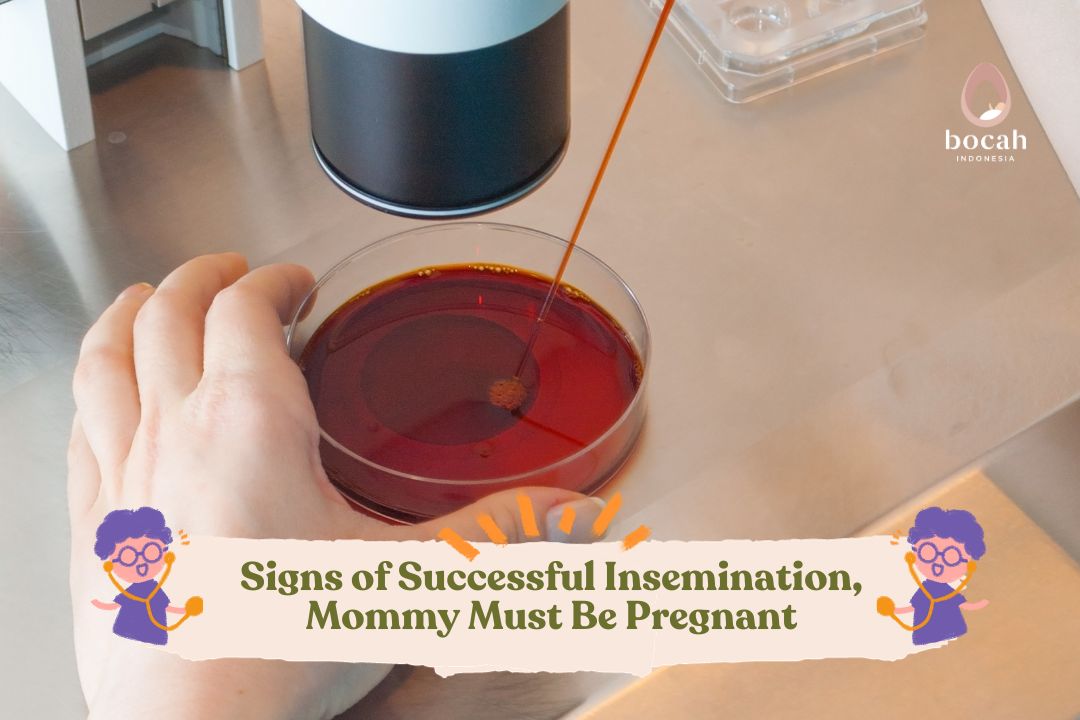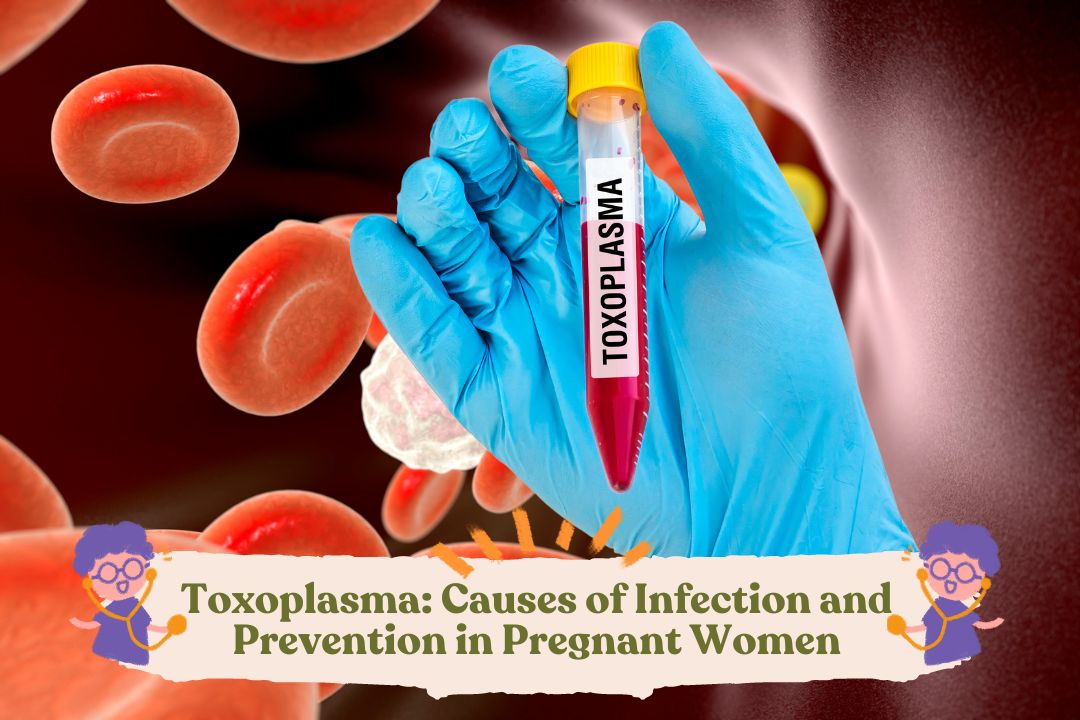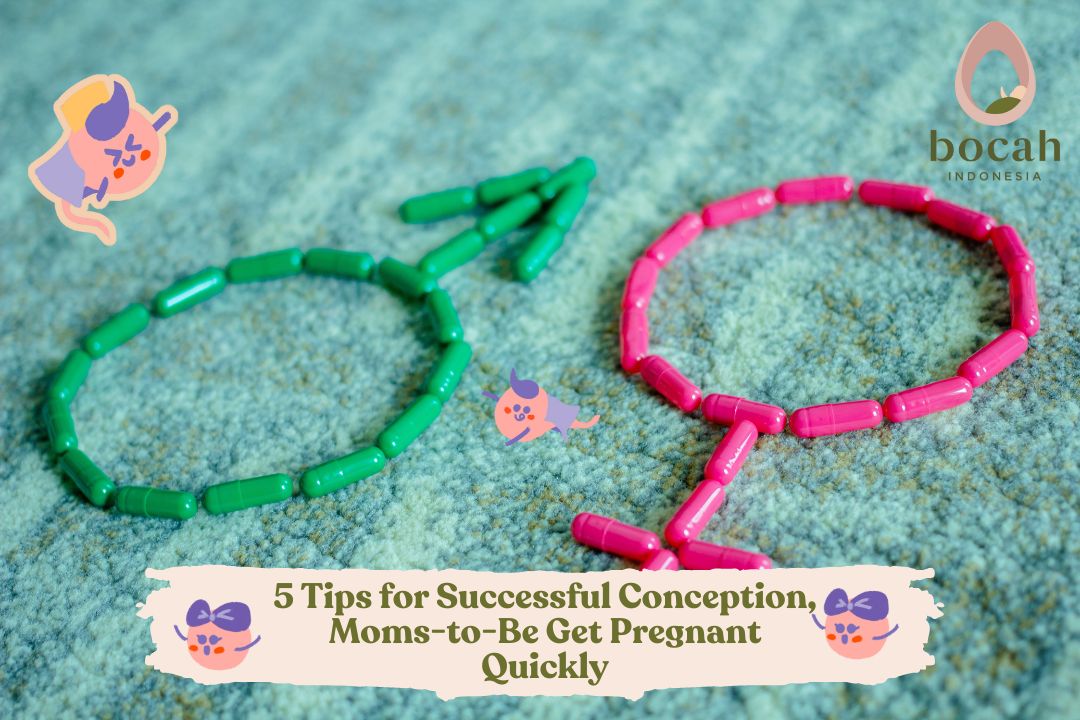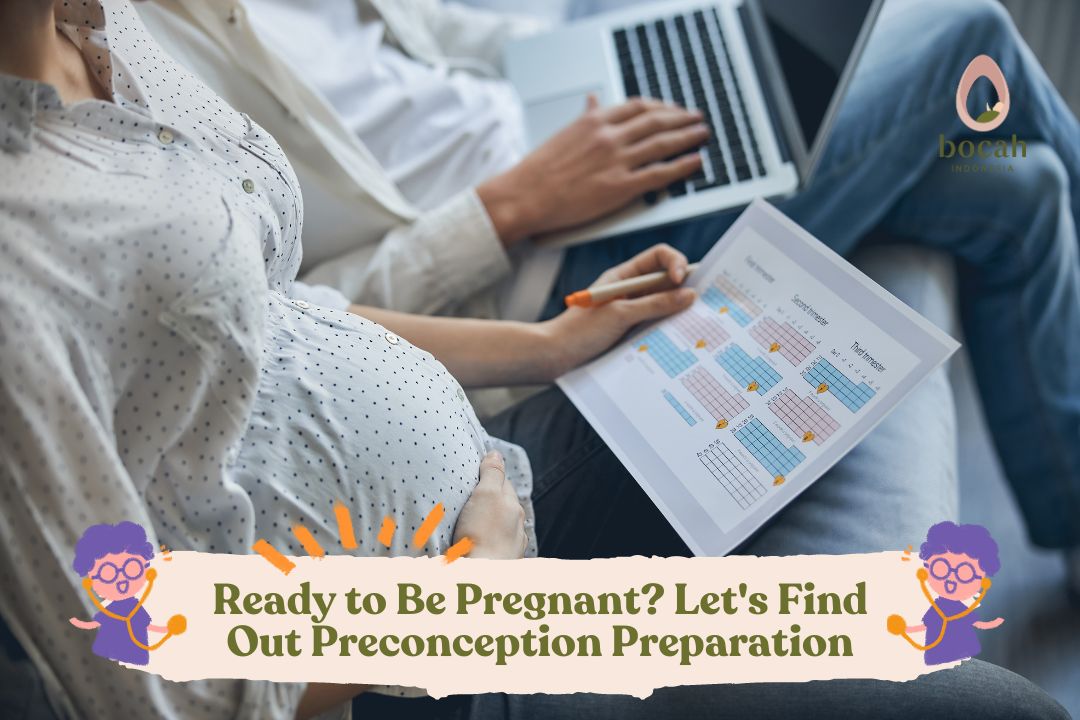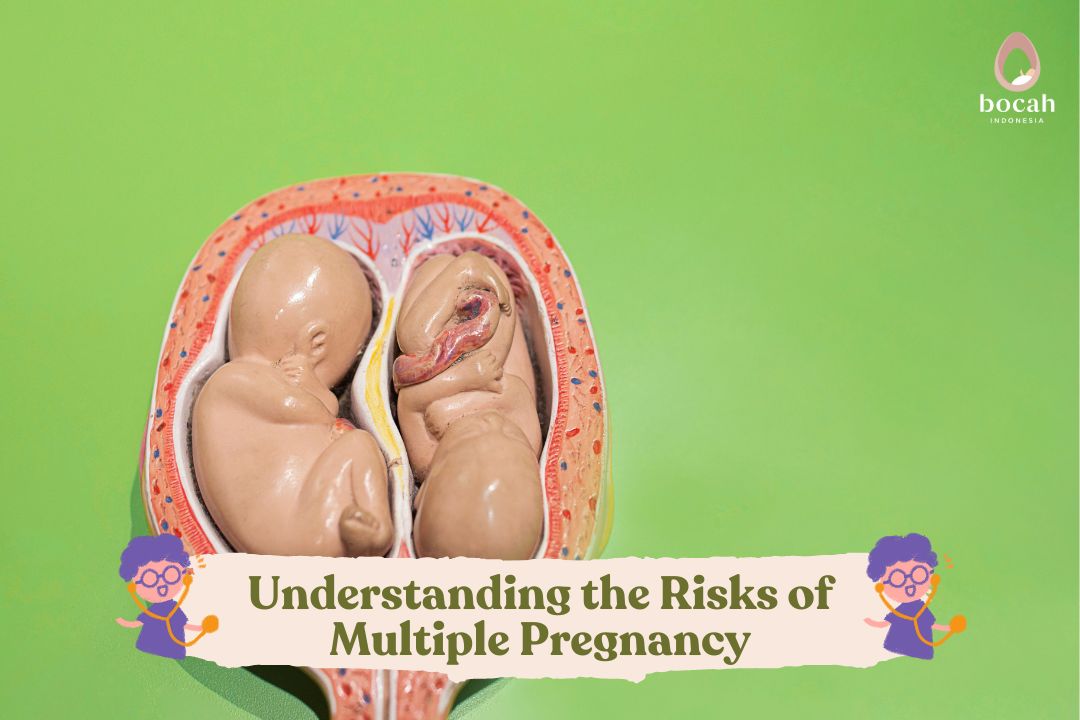Contraception Finished, Mom Becomes Pregnant Again
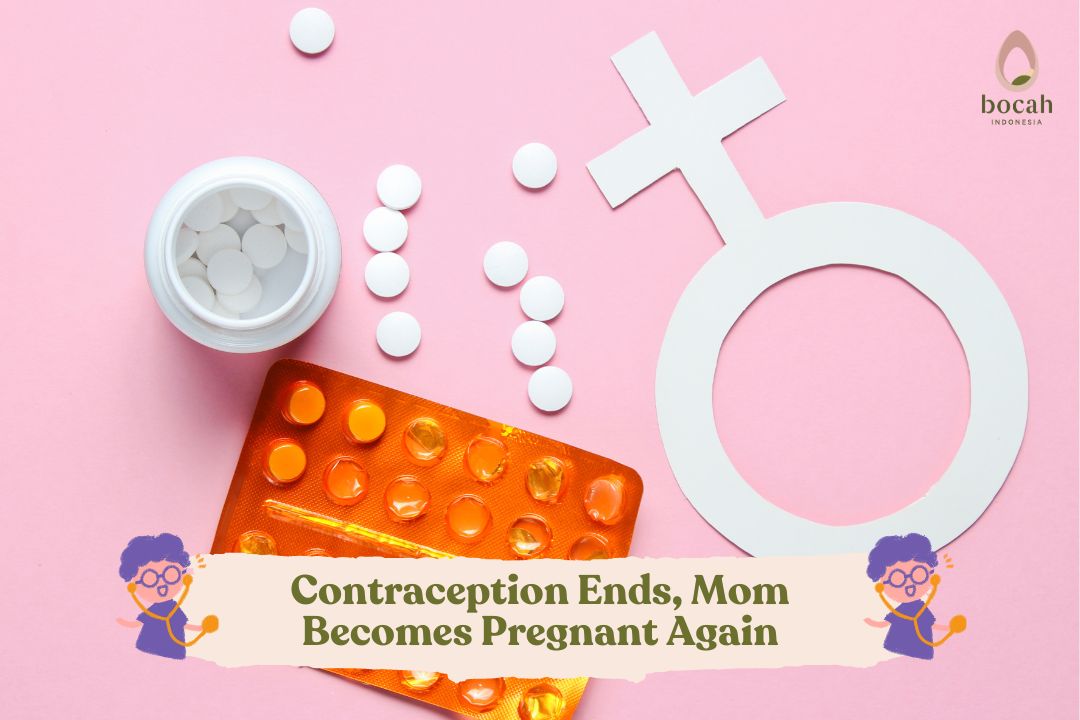
Mom and Dad are looking for ways to quickly get pregnant again after stopping contraception. To find out how, take a look at the explanation below.
After finishing using contraception, you might hope for pregnancy to happen soon. However, it should be realized that the process of becoming pregnant after contraception can take time for some women.
There are several factors that can affect you in waiting for pregnancy after stopping contraception, including your physical condition and the type of contraception used. Find out a more complete explanation about pregnancy after contraception here.
Factors Influencing Pregnancy After Contraception
In reality, you can become pregnant at any time after stopping the use of contraception. However, there are several factors that influence the occurrence of pregnancy after contraception, namely:
1. Type of Contraception
Used The type of contraception previously used can affect the time it takes to become fertile again after stopping. For instance, if you used hormonal contraception such as birth control injections or pills, it may take several months for your body’s hormones to return to normal levels after stopping. Therefore, it is recommended to stop using hormonal contraception a few months before planning to conceive.
Tanya Mincah tentang Promil?
2. Your Physical Condition
Your physical health condition also plays an important role in the likelihood of pregnancy. Factors such as reproductive health, maintaining a healthy weight, and having a good diet can affect fertility and the body’s ability to conceive.
3. Your Age
Besides the two factors mentioned above, your age is also an important factor in fertility. Older women tend to have more difficulty getting pregnant than younger women. After the age of 35, a woman’s fertility naturally declines, and the risk of pregnancy complications also increases.
4. Genetic Factors
Another factor that influences your ability to get pregnant is genetics. If you have a family history of fertility issues, such as early menopause or hormonal disorders, this can affect your chances of getting pregnant. Genetic factors can also affect the quality of sperm in male partners, which plays a role in the likelihood of pregnancy.
5. The Father’s Reproductive Health
In addition to the mother’s health and readiness, the father’s reproductive health is also very important. Disorders in the reproductive system such as varicocele in men or endometriosis in women can make conception difficult. Fertility tests and reproductive health examinations for the father can help identify potential issues and plan appropriate treatment steps.
6. Lifestyle Factors
An unhealthy lifestyle can affect fertility. Habits such as smoking, excessive alcohol consumption, and an unbalanced diet can disrupt hormonal balance and interfere with the menstrual cycle. Exposure to harmful chemicals, such as pesticides or chemicals in household products, can also negatively impact fertility. Make sure you have avoided all these, for a healthy pregnancy to occur.
7. Stress Factors
Prolonged stress can disrupt the functioning of the reproductive system. Stress hormones, such as cortisol, can affect the production of reproductive hormones and disrupt the menstrual cycle. This can lead to irregular ovulation or even stop it altogether, which in turn can affect the likelihood of pregnancy.
8. Diseases or Medical Conditions
Certain medical conditions can affect a woman’s fertility, such as endometriosis, PCOS, fibroids, or thyroid disorders. Hormonal imbalances or structural issues within the reproductive system can make it difficult to achieve pregnancy. Men can also experience fertility problems due to varicocele or other hormonal disorders.
Pregnancy Program After Contraception
A pregnancy program or planning after the use of contraception involves a series of steps and planning that you need to undergo to increase the chance of pregnancy. Here are some steps that can be taken in a pregnancy program after contraception:
1. Consultation with a Doctor
The first important step is to consult with a doctor or a reproductive health specialist. The doctor can conduct a thorough evaluation of both your and your partner’s reproductive health and provide appropriate advice to increase the chance of pregnancy.
2. Fertility Examination
The doctor may recommend a fertility examination to evaluate your and your partner’s ability to produce healthy eggs and sperm. This examination can include blood tests to measure reproductive hormone levels and sperm tests to assess the quantity and quality of sperm.
3. Stopping Contraception
If you are using hormonal contraception such as birth control pills or injections, the doctor may recommend stopping its use a few months before planning a pregnancy. This is necessary so that your body’s hormones can return to normal levels and your menstrual cycle can fully recover.
4. Lifestyle Changes
Both you and your partner can make healthy lifestyle changes to increase the chance of pregnancy. This includes avoiding smoking, reducing alcohol consumption, maintaining a healthy weight, and consuming healthy foods rich in nutrients.
5. Monitoring Ovulation
Identifying the time of ovulation is key to increasing the chance of pregnancy. You can use ovulation tests or monitor your basal body temperature to determine when ovulation occurs and the most fertile time to have sexual intercourse.
6. Fertility Treatments
If you and your partner experience difficulty conceiving after several months of trying, the doctor may recommend fertility treatments such as hormonal therapy, intrauterine insemination (IUI), or in vitro fertilization (IVF) as the next steps.
7. Monitoring and Support
During the pregnancy program, it is important to continuously monitor reproductive health and receive emotional support from your partner and family. Getting support from doctors or counselors can also help manage stress and anxiety that may arise during this process.
Every couple has a unique journey in achieving pregnancy after contraception. With proper planning, adequate support, and appropriate care, you and your partner can increase the chances of conception and realize the dream of having a child.
This article has been medically reviewed by Dr. Chitra Fatimah.
Source:
- Gayatri, M., et al. (2022). Pregnancy Resumption Following Contraceptive Discontinuation: Hazard Survival Analysis of the Indonesia Demographic and Health Survey Data 2007, 2012 and 2017. PloS one, 17(2), pp. E0264318.
- The American College of Obstetricians and Gynecologists (2022). Treating Infertility.
- Johns Hopkins Medicine (2022). Calculating Your Monthly Fertility Window.
- Mayo Clinic (2021). Getting Pregnant.
- Web MD (2022). Stopping the Pill? 10 Ways Your Body May Change.


